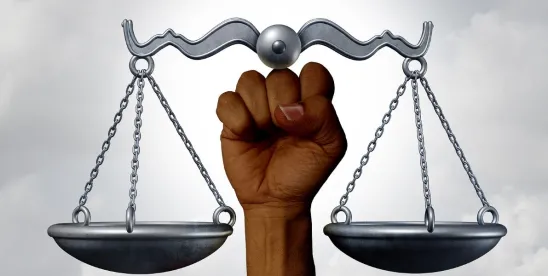“Third party” or “associational” retaliation is reprisal taken by an employer against someone other than the person who engaged in “protected conduct.” In 2011, the U.S. Supreme Court ruled that Title VII’s anti-retaliation provision covers third-party retaliation claims even though the statute does not explicitly recognize such a theory. On May 10, 2024, the Michigan Supreme Court followed suit, endorsing the theory of third-party retaliation claims under Michigan’s anti-discrimination law, the Elliott-Larsen Civil Rights Act (“ELCRA”).
In Miller v Dep’t of Corrections, the plaintiffs, two Michigan Department of Corrections (“MDOC”) employees, alleged they were fired in retaliation against two other individuals who had previously complained about a racially hostile work environment. The plaintiffs linked their termination to the fact they were close friends with the two other individuals and that their relationship was common knowledge. Plaintiffs also alleged that there was a culture of retaliation in the MDOC against employees who embarrassed the organization.
The MDOC sought to dismiss the case because the plaintiffs did not allege that they had personally engaged in any protected conduct. The trial court denied the motion, finding prior U.S. Supreme Court precedent persuasive enough to inform Michigan law and that third-party retaliation claims were actionable. The Michigan Court of Appeals reversed, holding that statutory differences in the Michigan and federal schemes undercut the Supreme Court’s persuasiveness and the ELCRA did not authorize Plaintiff’s claims.
The Michigan Supreme Court reversed. Justice Megan K. Cavanagh, writing for a 9-0 unanimous court, concluded that the ELCRA provides a cause of action for associational or “third party” retaliation claims, and that the plaintiffs’ first amended complaint sufficiently pleaded such a claim.
The decision is significant not only for its holding but also for the questions that it leaves unanswered. The number of potential retaliation claimants has been expanded to include third parties, and this expanded class will likely translate into an increased number of retaliation claims brought against employers. The line of demarcation between a tenuous and sufficient connection for employees who engaged in protected activity remains unclear until lower courts have fleshed out who may bring “retaliation relationship” or “associational-based” retaliation claims.





 />i
/>i
